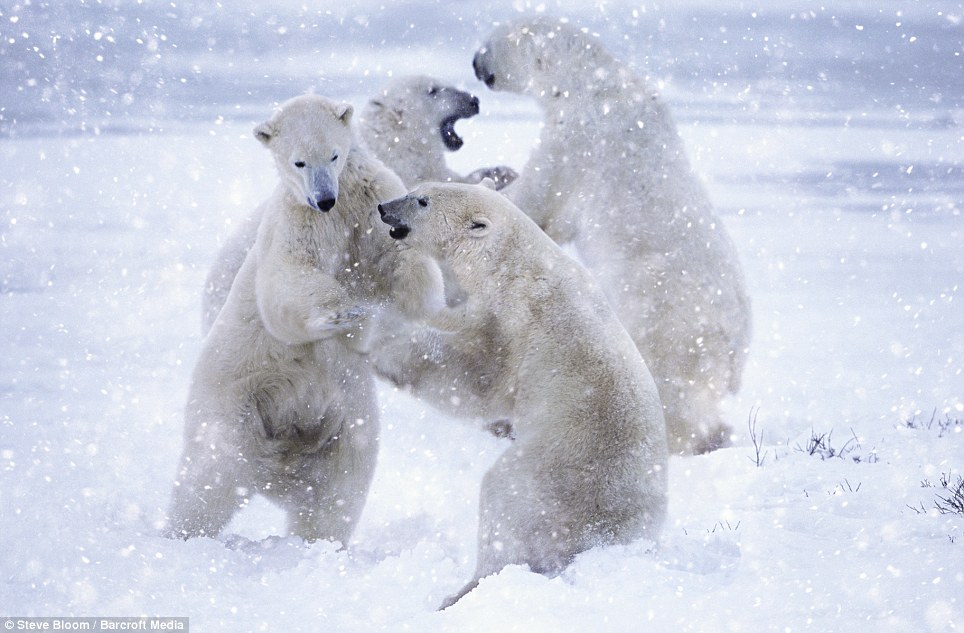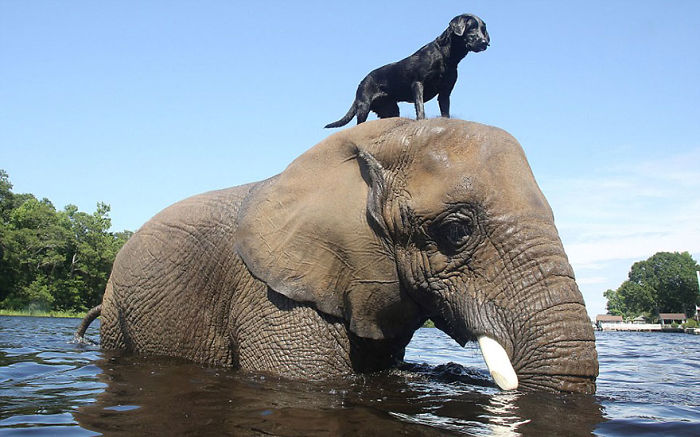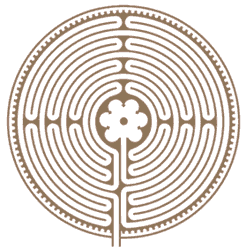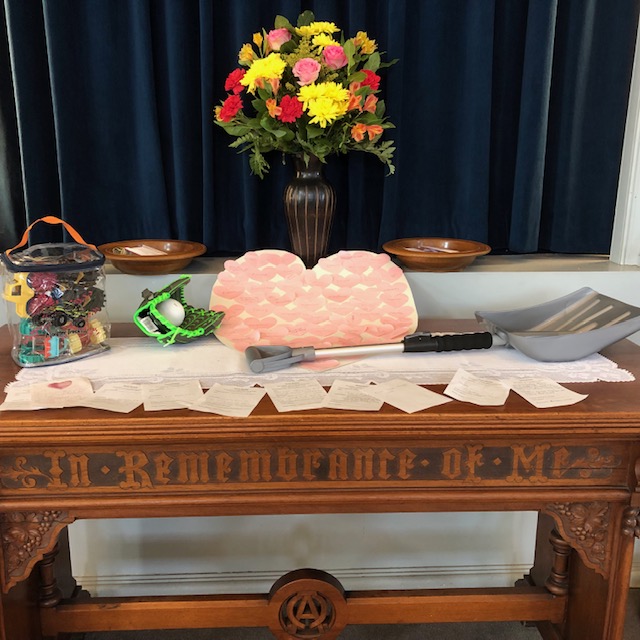This night is called “Maundy Thursday” because “maundy” comes from the Latin word meaning commandment.
On this night Jesus gave his disciples the commandment:
John 15:12 “Love one another as I have loved you.”
Throughout Lent we have explored friendships; indeed, friendship is Christ’s call this night.
Nearly all deep, close friendships travel through a “Good Friday” on the way to Easter joy.
At some point, a friend will disappoint or fall short – or we will.
In such a time, forgiveness will be needed for the relationship to move forward.
Jesus shows the disciples how to love by kneeling and washing their feet.
Before he forgives his disciples for the betrayal and desertion later that evening,
Jesus kneels and washes their feet and
In doing so he shows us the key to forgiveness and lasting love.
What Jesus does is Divine:
In his power he makes space to serve and love his disciples.
Jesus zimzums.
Has anyone heard of the term “zimzum”?
It comes from the 15th century Jewish mystic, Isia Luria (Spelling?), in Jerusalem.
I learned about it from Rob Bell on his podcast about Christianity and faith.
Zimzum is a verb to describe what God does at the beginning of creation.
I propose Jesus does the same on this night when he washes the feet of the disciples.
The mystics believed that in the beginning there was only God.
So, for there to be creation – plants, birds, humans – God had to create space for the other;
Create space for that which was not God.
God zimzumed: pulled into God’s self and made space for creation.
Jesus’s act of kneeling and serving echoes the divine act of creation,
in which God limits God’s self to make space for creation. Zimzum.
When Jesus kneels to wash the feet of his disciples, he, the Son of God,
limits himself to honor his disciples. Zimzum.
Modern theologians Rob and Kristen Bell propose that, in a way, we humans can zimzum too.
In our relationships we can zimzum to create space between us and another.
When we are born it is all about us. Babies get all the attention and aren’t interested in sharing.
As we get older, our center of gravity doesn’t shift too much – it still centers on ourselves.
Until we meet someone we care about or realize we love someone in our lives –
Maybe a parent, a sibling, a romantic partner, a friend –
We zimzum and make space for the other to be in our lives.
Instead of it being all about us, we care about the other.
Simultaneously, the other does the same:
They zimzum to make space for us.
Thus, an energetic space is created between us.
Zimzum.
You. Me. The Space Between Us. Zimzum.
The space between us is not static; it is dynamic, always changing and shifting;
In relationships,
We are always creating space for the other.
What we put into that space impacts both people.
Zimzum is this twirling energy between us.
So, what we put into it will boomerang back to us, amplified.
Have you ever noticed how fights often start with a small off-hand comment?
That off comment gets put into the zimzum, the space between us,
Gets whirled around, amplifies and escalates.
Likewise, a small gesture of kindness can stick with us for days,
Whirling around and growing in fondness every time we remember it.
What we put into the zimzum impacts the health and joy of our relationships.
On this last night, before Jesus is to die, he teaches, he shows, his disciples
what to put into the zimzum; how to increase love in the space between them.
How to fulfill the commandment to love one another.
By kneeling down and washing the feet of the disciples,
Jesus puts humility instead of boasting into the zimzum.
Jesus puts grace instead of grudges into the zimzum.
Jesus puts forgiveness instead of resentment into the zimzum.
Jesus puts service instead of selfishness into the zimzum.
Humility. Grace. Forgiveness. Service.
Each of these are intimately connected.
Grace is God’s forgiveness.
Service requires humility.
Humility is key to forgiveness.
Humility is key to forgiveness.
On the cross Jesus will forgive us all for our part in the crucifixion of God.
On this night, kneeling at the feet of the disciples,
Jesus shows us the foundation of that forgiveness on the cross:
Kneeling in humble service.
Kneeling is an act of humility.
Not only does he kneel, he wraps a towel around him, a symbol of being a servant.
He who is great, humbles himself to the place of a servant.
In his action we see humility as foundational to forgiveness and lasting love.
Humility is about acknowledging our full selves.
Humility requires us to take an honest look at our own faults,
Without diminishing our worth or goodness.
Humility is not self-hatred or shame,
But an honest acceptance of our strengths and weaknesses.
When we can be honest about our own failings,
We are far more capable of forgiving others their faults.
We might not be at fault in the situation at hand,
But we have likely been at fault in some situation in our lives.
When we realize we need grace and forgiveness,
We are more willing to offer grace and forgiveness.
If you are seeking to forgive, take some time to name your sins.
Let your heart be humbled for
Humility clears the space for forgiveness.
Humility is also about acknowledging our privileges.
Jesus, being Divine, had no failings, no sin,
“a perfect sacrifice” a “lamb without blemish” to use some theological language.
He had no reason to kneel.
Yet, Jesus still bent down in humility, maybe acknowledging his privileges as Divine.
Perhaps we haven’t committed the same crimes as others,
But with humility we can acknowledge that our lack of criminality
May be impacted by the home we grew up in,
the resources we had,
or the mental or physical capacity we were born with.
When we can acknowledge that our position and wellness is impacted by factors outside of our control, humility ensues, and forgiveness follows.
When Jesus kneeled, he showed us the power of humility.
Humility brings compassion into the zimzum.
Humility brings understanding and perspective into the zimzum.
Humility brings forgiveness into the zimzum.
The zimzum, that energetic space between us,
circles round so that forgiveness and compassion come back to us.
When we withhold forgiveness, boast in our goodness, seek favors instead of service,
We essentially put obstacles into the zimzum,
Blocking the energy of love flowing between us;
We limit our ability to love one another.
Friendships fall. Relationships disintegrate. Community crumbles.
However, when we add humility, compassion and forgiveness to the zimzum,
We encourage a spiraling of love and joy –
We take down the obstacles.
The relationship is free to move into the future.
Forgiveness is all about moving a relationship into a more fulfilling future.
Forgiveness is not a quick excusal of wrong-doing,
But rather an effort to remove the obstacles that block the positive energy between us.
To withhold forgiveness is to allow the past to block the future.
To forgive is to let the past inform a loving future.
To use a banal example, if a friend is always late, to withhold forgiveness would be to shame or resent her every time she is late. To forgive is to humbly acknowledge that we have shortcomings too, and simply bring a book and enjoy the time of waiting.
If a friend makes an ignorant comment, to withhold forgiveness is to let that comment cloud out the positive and refuse to speak or engage with them or to speak with anger and blame. To forgive, is to humbly acknowledge our privilege of knowing, share our perspective, and move forward engaging in topics of mutual understanding.
To use a serious example, if one has been abused, forgiveness uses the past to inform a more fulfilling future – so one might acknowledge the mental or emotional limitations of the abuser and as such instill boundaries of physical or mental space or time that allow one to live without fear.
Forgiveness removes the blocks in the space between us – sometimes by reformatting the space.
Jesus forgave on the cross.
On this night, the night before Jesus died, he knew what was to come.
So, he knelt down and showed his disciples the foundation of forgiveness and lasting love.
Jesus shows us that forgiveness and love begin in humble kneeling.
He showed us what to put into the zimzum:
Grace instead of grudges
Forgiveness instead of resentment
Humility instead of boasting
Service instead of selfishness
What we put in will circle back, so
May we follow Christ’s example, and love one another as he has loved us. Amen.



 Last week
Last week  Quotes and content inspired by Shasta Nelson’s “Friendships Don’t Just Happen: The Guide to Creating a Meaningful Circle of Girlfriends” Turner Publishing Company. 2013
Quotes and content inspired by Shasta Nelson’s “Friendships Don’t Just Happen: The Guide to Creating a Meaningful Circle of Girlfriends” Turner Publishing Company. 2013
